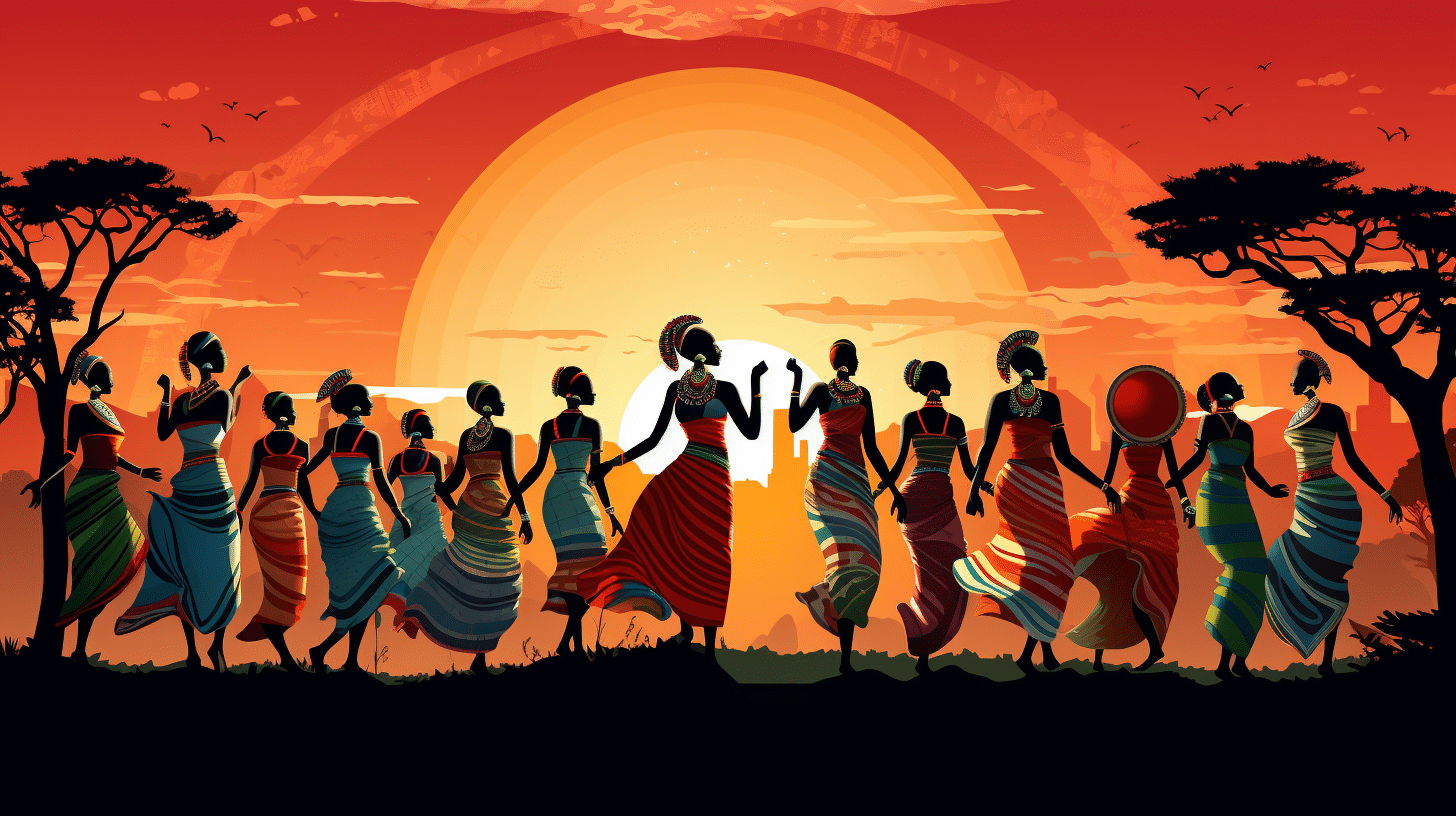Kenya has a very diverse population that includes most major ethnic, racial and linguistic groups. Majority of the country’s population belongs to various Bantu sub-groups, with a significant number of Nilotes. Most Bantu’s are farmers and some prominent in Kenya include the Kikuyu, Luhya, Meru, Mjikenda, Swahili and Kisii people. Nilotes are second largest group in Kenya and they include the luos, Samburu, Maasai, Kalenjin and the Turkana people.
Cushitic people foam a small ethnic minority of about 2%, mostly represented by Oromo Somali speakers. In Kenya Swahili and English are official language in the various ethnic group. They are an entrepreneurial community and have establish themselves in business sectors, particularly in Eastleigh.
In Kenya we have nearly a total of 69 individual languages spoken in Kenya. The Kenya’s diversity is such that its largest ethnic group is the kikuyu making up for less than fifth of the country population. Kenya politics have been characterized by ethnic tensions and rivalry between the larger groups, devolving into ethic violence experienced in the 2007 -2008 Kenya crisis across.
In the recent Kenya census the figure below shows ethnic composition in Kenya as follows out of a total population of 38.6 million;
-
Kikuyu 20%
-
Luhya 14%
-
Kalenjin 13%
-
Luo 10%
-
Kamba 10%
-
Kisii 6%
-
Mjikenda 5%
-
Meru 4%
-
Turkana 2.5%
-
Maasai 2.1%
Around 9% of the population consists of smaller groups numbering 1% each while non-Africans groups Arabs, Indians and Europeans are estimated to total about 1%



0 comments